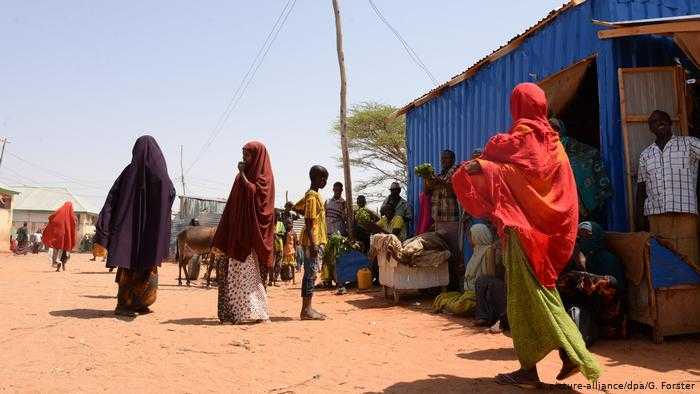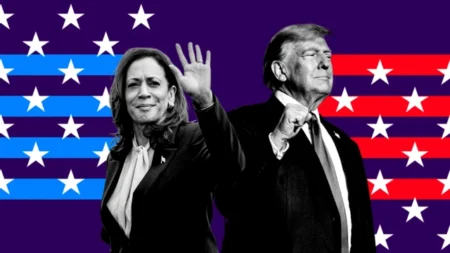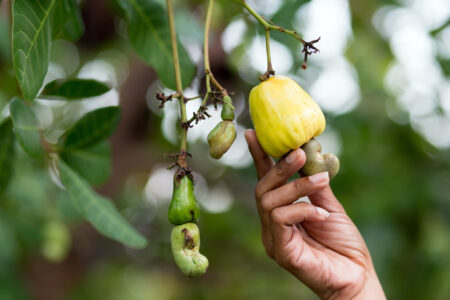Africa’s close development partner, World Bank—on Thursday took a serious initiative to restore its relations with Somalia, after being dull for almost 30 years
According to the statement from World Bank Group, the bank’s Board of Executive Directors moved toward normalizing its relations with the Federal Government of Somalia (FGS).
World Bank anticipates that the restoration will open up opportunities for Somalia to access concessional financing from the World Bank’s International Development Association (IDA) and to work closely with all arms of the World Bank Group to attract investment that will support the country’s stability and development.
The restoration could revitalize Somalia’s economic sphere, as the nation’s real gross domestic product (GDP) growth weakened in 2017 due to the severe drought. Although Somalia averted widespread famine in 2017, the drought led to large-scale food insecurity, affecting more than six million people.
In that context, World Bank Vice President for Africa Hafez Ghanem, acknowledges the normalization to be “laying foundation” for future prosperity in the country.
“Somalia has made important reforms and has demonstrated a strong commitment to staying the course. These reforms lay the foundation for sustained poverty reduction and better lives for the Somali people, and open the door to private sector investment that can create jobs and drive the economy forward,” he said
More than half of the population lives in poverty and a large proportion is sensitive to negative shocks. Real GDP growth declined to 2.3 per cent in 2017, compared to 4.4 per cent in 2016.
Somalia’s reforms continue to strengthen the government’s capability to provide critically needed services in health and education to the Somali people and build a framework for the competitive private sector that can create jobs, particularly for Somalia’s youth. The federal government has facilitated consultations on a new National Development Plan, outlining the country’s priorities so that investments can be made in the most critical areas.
World Bank’s Managing Director of Operations, Axel Van Trotsenburg found restoring relations viable for the country’s economy.
“Today’s decision paves the way for full resumption of operations so the World Bank Group can provide the strongest possible support to Somalia’s efforts toward economic and social recovery,” he added.
Further, the statement noted that the decision lays the groundwork for Somalia to access World Bank Group financing for federal and state government projects under the IDA, private sector debt and equity investments through the International Finance Corporation (IFC) and political risk insurance provided by the Multilateral Investment Guarantee Agency (MIGA) to facilitate foreign direct investments.
“This milestone is the result of several years of close cooperation with the Federal Government, and we now look forward to taking our relationship to the next level with deeper and broader financial and technical support from across the Bank Group.” He said
However, the Bank has worked hard lifting Somalia up from its trouble, including through over $250 million in IDA Pre-Arrears Clearance Grants to accelerate the country’s progress on key reforms and on delivering basic services and financial inclusion to its people.
The Somalia Multi-Partner Fund, which includes funding from Denmark, the European Union, Finland, Italy, Norway, Sweden, Switzerland, the United Kingdom, and the United States, has been crucial in laying the foundations to re-establish basic country systems.
In addition, World Bank statement highlighted that the coming months vital financing proposal set for providing rapid response to households impacted by recent droughts and flooding, reducing poverty by delivering social protection to over 200,000 women with children under 5, improving education and healthcare, boosting water and electricity supply, and investing in other critical infrastructure projects are underway.
The war-torn nation, with nearly 70 per cent of Somalis living on less than $1.90 per day, stands to benefits from such investments and improve the lives of millions of the country’s most vulnerable people and strengthen the systems needed for better livelihoods and a more stable future.
The normalization of relations also paves the way for Somalia to receive debt relief under the Heavily Indebted Poor Country (HIPC) and Multilateral Debt Relief Initiative (MDRI) programs to promote growth and recovery over the coming years.
READ:World Bank, IMF grant Somalia debt relief











